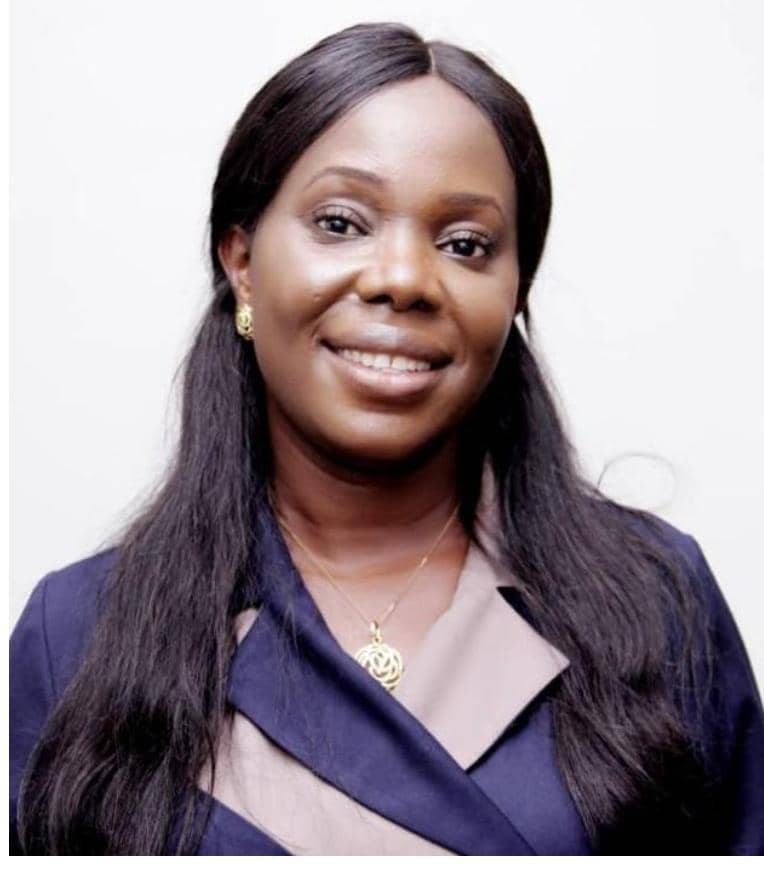
…Commends Gov. Diri for Creating Ministry of Blue Economy
Following the establishment of a new Ministry of Blue Economy by Bayelsa State Governor, Senator Douye Diri, Chairman, Board of Trustees of BRACED (Bayelsa, Rivers, Akwa Ibom, Cross River, Edo and Delta) Tourism Promotion & Development Initiative (BTPDI) and Publisher of The Blue Economy Magazine Online, Dr. Piriye Kiyaramo has called on the other governors in the South-South region to emulate Gov. Diri to take responsibility of protecting their maritime zones to optimise the benefits emerging Blue Economy.
Speaking with newsmen in Yenagoa at the weekend, Dr. Kiyaramo, the immediate past Senior Special Assistant (SSA) to Governor Diri on Tourism, applauded the governor for creating the new Ministry of Blue Economy, reiterating the urgent need for every governor in the South-South region to take a share of the responsibility to protect the sea and other water bodies which cover 64 % of the surface of our oceans as well as constituting more than 90% of their volume.
He called on the South-South governors to take measurable actions towards implementing critical internationally agreed targets for fisheries, aquaculture, habitat protection and pollution reduction by leveraging on the blue growth opportunities in their maritime zones which are richly endowed with several marine resources begging for attention.
While commending Senator Diri for creating the new Ministry of Blue Economy, Dr. Kiyaramo, who is the publisher of The Blue Economy Magazine Online, described the blue economy ministry as the right channel to harness the potential of the ocean economy, noting that governments, policy makers and international institutions keen to boost food security and eradicate poverty face a careful balancing act between conservation and growth.
He further emphasized the need for a proper coordination of all relevant ministries, agencies and departments to be able to come up with integrated approaches, including public-private partnerships and secure financing in a bid to catalyze good ocean governance while reconciling possible tensions and balancing priorities between growth and conservation efforts.
According to Dr. Kiyaramo, the oceans cover about 72% of the surface of our blue planet as well as constitute more than 95% of the biosphere, informing that life itself reportedly originated in the oceans and they have continued to support all life today by generating oxygen, absorbing carbon dioxide, recycling nutrients and regulating global climate and temperature.
“Also, the oceans provide a substantial portion of the global population with food and livelihoods while serving as the means of transport for 80% of global trade. Healthy oceans are therefore essential for global food security, livelihoods and economic growth.
“Experts say: “One of the biggest challenges the world is facing in the 21st century is how to feed 9 billion people by 2050 in the face of climate change, economic and financial uncertainty and the growing competition for natural resources. These multiple challenges require an integrated response and an urgent transition of the world economy towards a sustainable, inclusive and resource efficient path.”
He noted that the Blue Economy conceptualises oceans and seas as development spaces where spatial planning integrates conservation, sustainable use of living resources, oil and mineral wealth extraction, bio-prospecting, sustainable energy production and marine transport among other components”, he highlighted.
“The Blue Economy approach is founded upon the assessment and incorporation of the real value of the natural (blue) capital into all aspects of economic activity (conceptualisation, planning, infrastructure development, trade, travel, renewable resource exploitation, energy production/consumption.
“In 2012, the world formulated its Blue Economy strategy to harness the potential of oceans, seas and coasts for economic growth and jobs. With high unemployment levels and resource crunch, coastal countries and Small Island Developing States formulated the blue economy strategy with the objective to promote smart, sustainable and inclusive growth and employment opportunities through utilization of the drivers of maritime economy such as seas, coasts and other maritime resources”, Dr. Kiyaramo noted.

He congratulated the pioneer commissioner of the Ministry of Blue Economy, Dr. Faith Azibenua Zibs-Godwin on her well deserved appointment and wished her success in her new and but daunting task.


